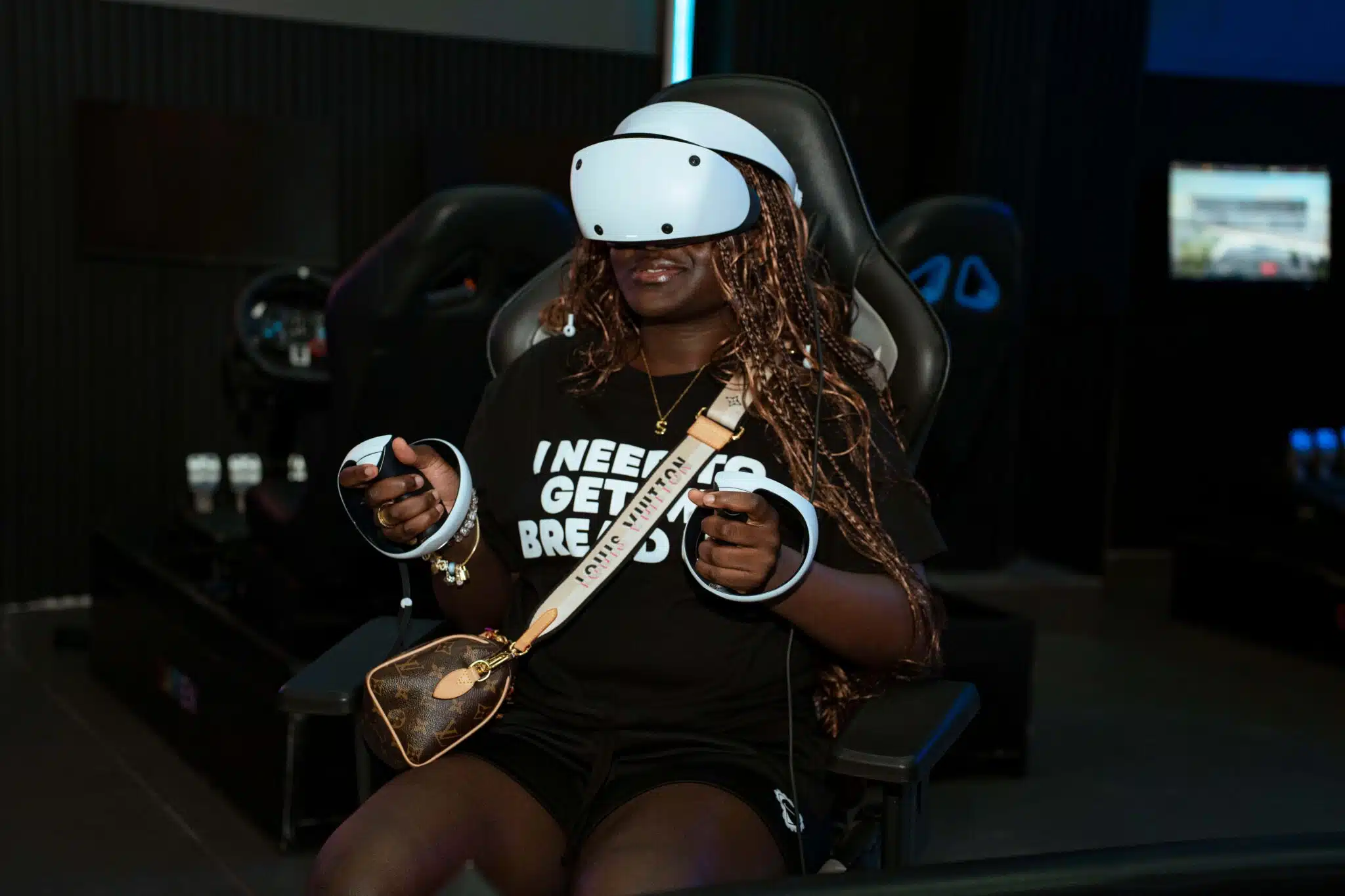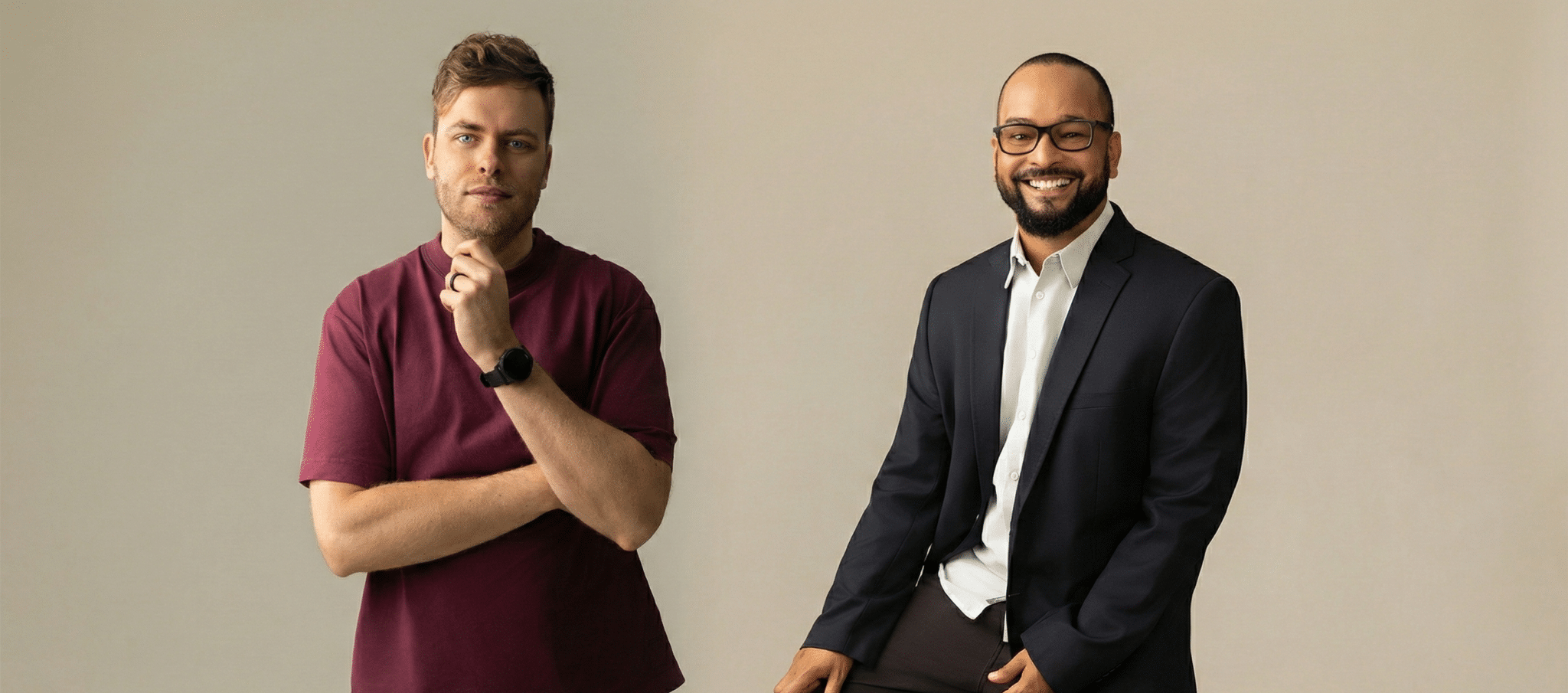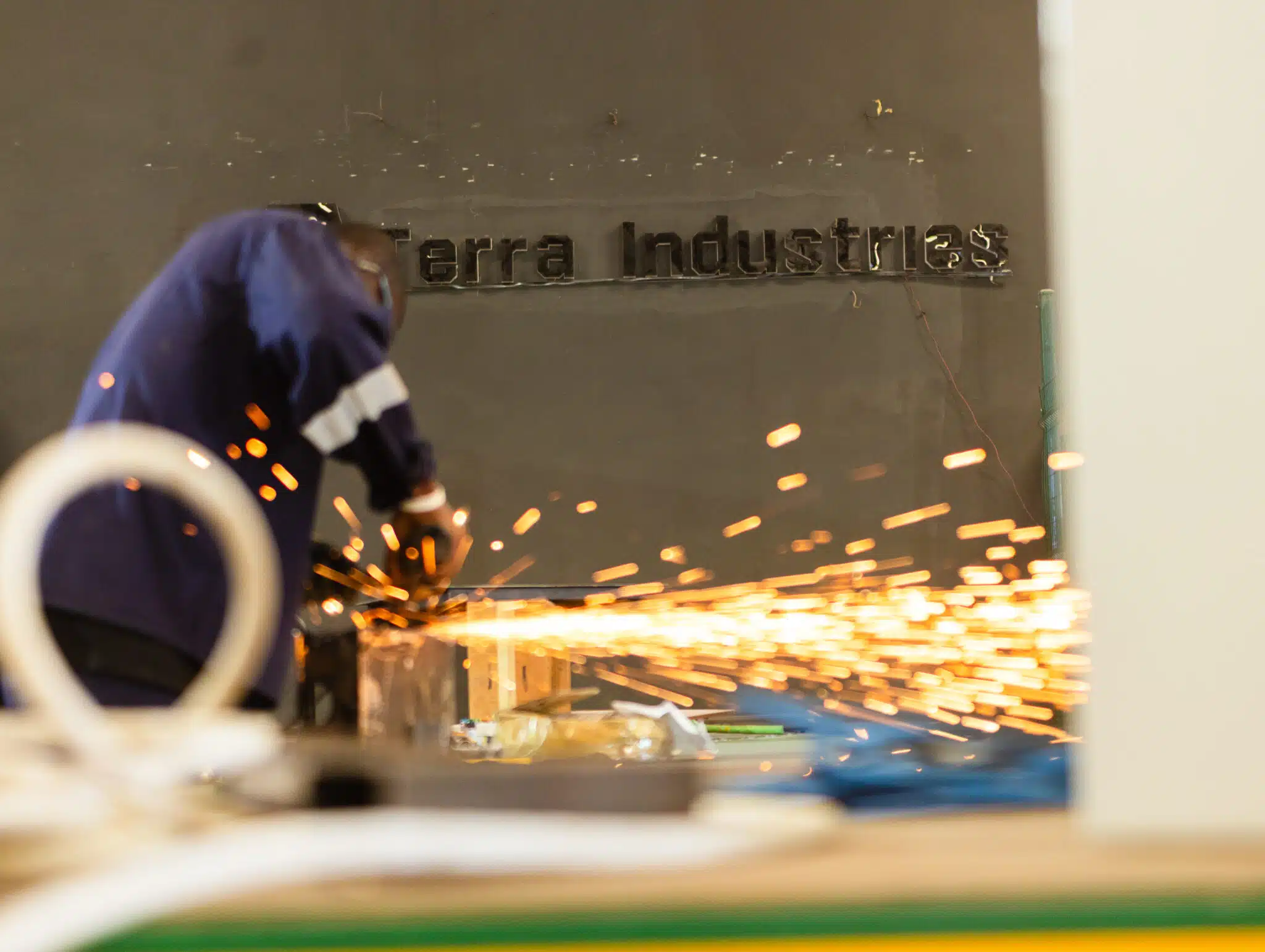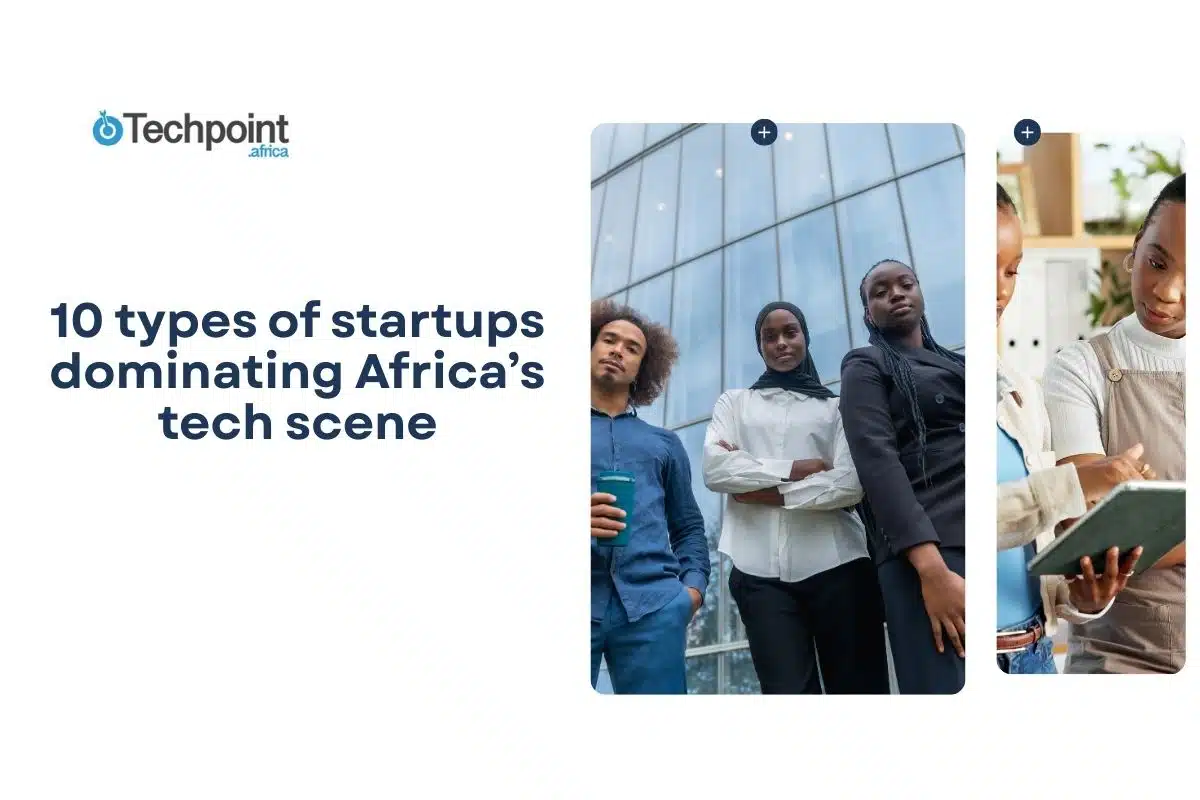It’s a sunny evening in Lagos, Nigeria, and I’m chatting with Eniola Edun, Co-founder and CEO of Gamr, and Damilola Pedro, Co-founder and COO. A third co-founder, Seyi Fakoya, is out of the country and unable to join us.
Just outside the room where we’re seated, employees respond enthusiastically during a company-wide training session, the first of the year. Edun tells me events like this are key to keeping the team aligned with the vision.
“People are at the heart of what we do. We don’t believe that an organisation exists on its own; it’s the sum of its people and the collective effort being poured into them,” she notes.
Before co-founding Gamr, Edun was General Manager at TechPlus, a Nigerian tech events platform, where she first conceived the idea for the startup. In a bid to attract a younger audience, the team added a gaming arena to one of its events with overwhelming results.
Attendees flew in from across Africa, and the gaming arena drew a larger crowd than the main conference. For Edun, who had little exposure to gaming until then, it was a revelation.
“If people are flying into a country with their own resources just to be part of a gaming experience, then there’s something there,” she recalls.
Finding the right co-travellers

Like Edun, Pedro came from an advertising background but was transitioning into the sports industry when the two women met for coffee.
Pedro had reached out for robots from Edun’s other startup, Awarri, where she serves as COO. But their conversation quickly shifted to Edun sharing her vision for Gamr. By the end of the meeting, they were already scouting venues to bring the idea to life.
Pedro remembers being struck by Edun’s clarity and conviction. It helped that she had just completed a FIFA executive programme and was already eyeing the esports space.

Victoria Fakiya – Senior Writer
Techpoint Digest
Make your startup impossible to overlook
Discover the proven system to pitch your startup to the media, and finally get noticed.
“I joined Gamr because of her, because she was likeable when I met her. She was honest and frank and told me there was no immediate reward for us.”
Gamr’s first product was a Discord channel where gamers could discover, compete in, and organise tournaments. The community grew fast, and by the time they launched a mobile app, users were signing in from across Africa and beyond. Now, after four years, the app is being revamped with added features.
The company has since evolved beyond just connecting gamers. Carven, its gaming hub and the site of our interview, offers a physical space where gamers can walk in and play any game of their choice.
According to Pedro, the aim is to make the community feel that gaming is more than just a pastime and to offer a space for everyone. She notes they’ve moved from a largely male audience to a healthy gender balance.
Another part of the business — GamrX Studios — offers training programmes. A hub at the University of Lagos hosts these sessions and, in the past year alone, has trained over 100 people in skills like game design, digital fashion, and spatial design. At least 45% of them have landed paid internships with companies across the continent.
The company also hosts GamrX, which it calls Africa’s largest gaming conference. The first edition welcomed over 4,000 attendees. Now in its fourth year, Edun says it’s become a reference point across Africa and beyond.
Beyond community and training, Gamr is investing in intellectual property and already developing its own game, though Edun isn’t ready to share details. Since launch, nearly 400,000 gamers from 18 countries have competed in over 2,000 tournaments.
“Our mission is to revolutionise the video game industry on the African continent,” she says, visibly excited.
Business model and funding
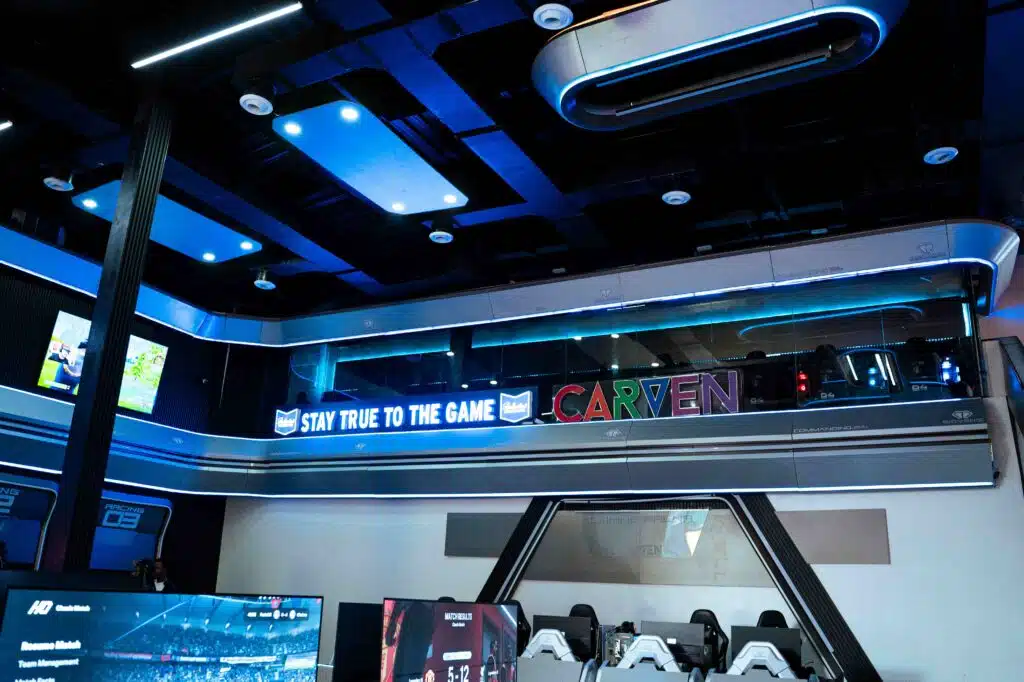
Gamr pulls in revenue from several channels. Past editions of GamrX were free to attend, with sponsors footing the bill. This year, the team is experimenting with paid ticketing. Carven generates revenue through B2B partnerships — such as one with beer brand Ballantine’s — and gamers can pay from ₦2,000 per game. Pedro says the hub attracts at least 3,000 gamers monthly and is also available for event rentals geared toward the gaming community.
The training arm runs on partnerships with schools and private equity firms that help subsidise costs. Meanwhile, the mobile app monetises through ads and subscriptions starting at ₦1,000 per month.
Putting Africa’s gaming industry on the map
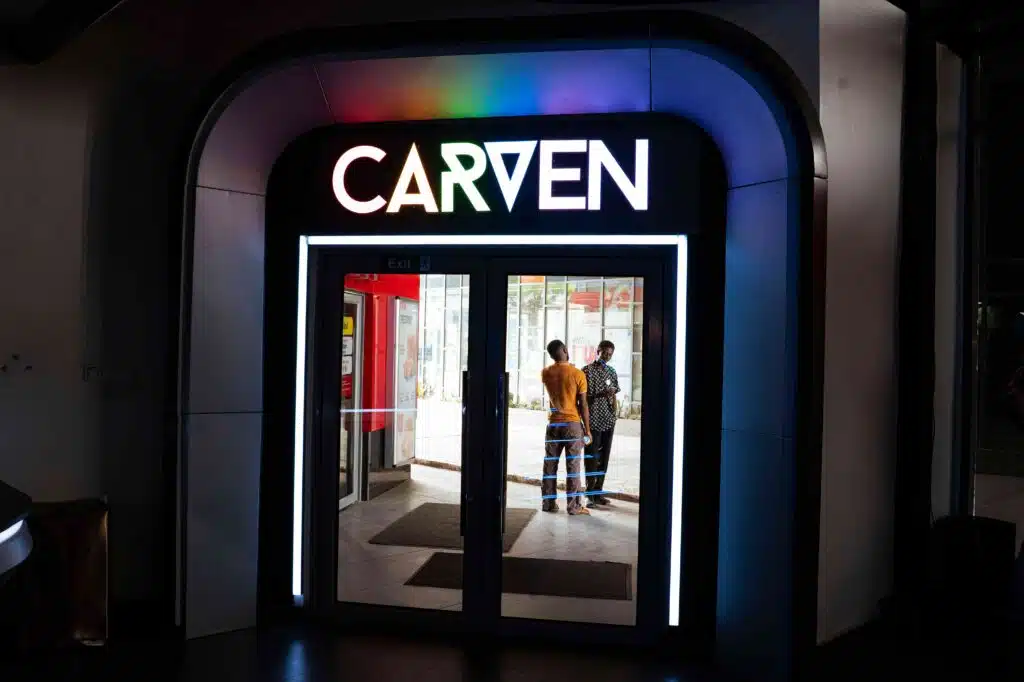
Africa’s gaming scene is gaining traction, thanks to growing mobile and Internet access. Its largest markets — South Africa, Egypt, Nigeria, and Kenya — together account for nearly 100 million gamers.
These gamers are also spending more on subscriptions, in-game currency, memberships, and accessories. South Africa’s gaming market is projected to hit $333 million by 2026 (PDF). Egypt’s 35 million mobile gamers generated $201.6 million in revenue in 2023. In Nigeria — the continent’s fastest-growing gaming market — gamers brought in $185 million in 2022.
Gamr operates in the esports segment, which was worth $3 billion in 2023 and is expected to grow at a 19% compound annual rate through 2030.
Edun and Pedro often repeat that their mission is to show that gaming is more than a hobby. A second goal: to put Africa’s gaming industry on the global map. They’re already making progress through partnerships with global brands like Spotify and Red Bull. But there’s still a long road ahead if they hope to become Africa’s first gaming unicorn.
Over the years, both founders say they’ve often received puzzled looks when they mention building a gaming startup. But Pedro believes the market is much bigger than many realise.
“Gaming isn’t just about professional esports players. Most of the money in gaming doesn’t come from esports. I always say everyone is a gamer. A gamer is a housewife. A gamer is a doctor. A gamer is you, sitting here from Techpoint, having this conversation with me about building Gamr,” she says.
Looking to the future
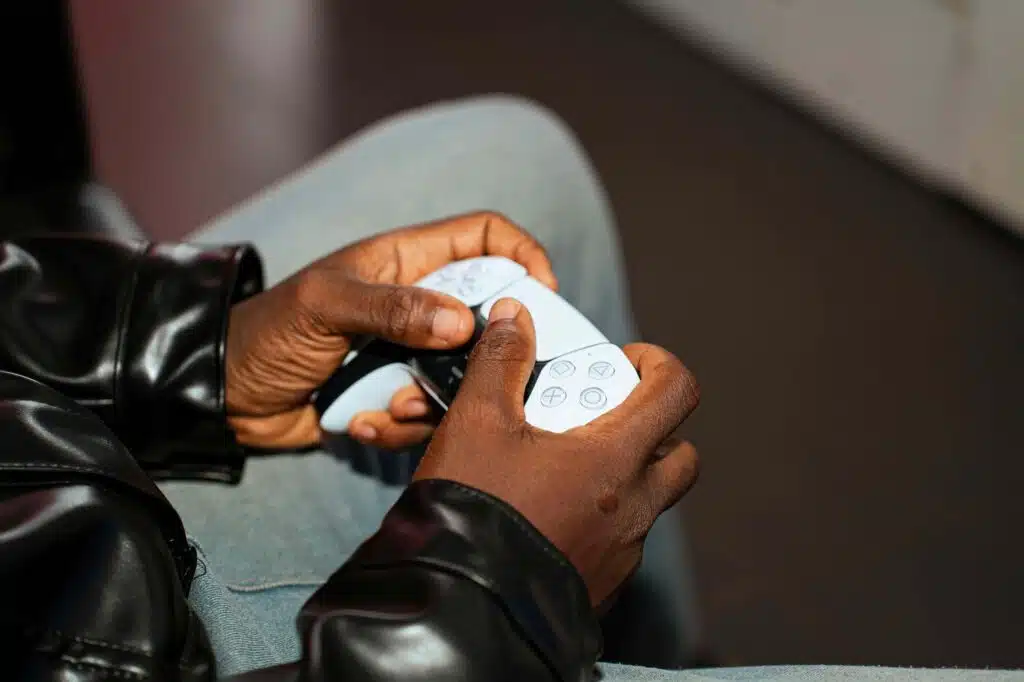
Gamr is just months away from its fifth anniversary. While Edun and Pedro admit the company isn’t yet where they want it to be, they’re grateful for the progress so far and hopeful about what lies ahead.
A major priority is expanding Carven hubs across Nigeria’s six geopolitical zones within six years. Pedro says they’ve had franchise requests, but none have been approved yet.
They’re also planning to scale across Africa, this time led by their own game titles. By owning more intellectual property, they hope to unlock new income streams and take greater control of their business model.
Talent remains a big challenge. Pedro stresses the need for the right people to support expansion. Gamr Lab plays a critical role in sourcing local talent, but scaling may become more complex as Nigeria faces a brain drain and as global gaming studios turn their eyes to the local market. It also faces local competition from gaming startups like Carry1st and Maliyo Games.
Funding is another ongoing hurdle. But with $550,000 raised from investors such as Google, emPawa, and Techstars, and more than $1.3 million in revenue to date, investor sentiment has softened. And as they prepare for future fundraising, their early successes will be key.

